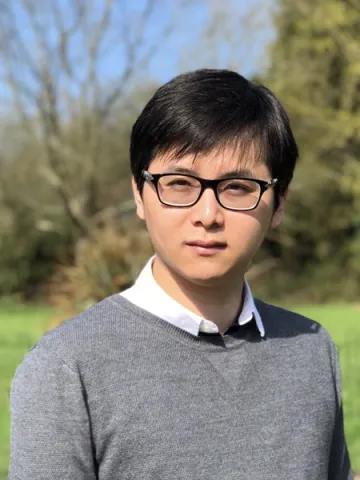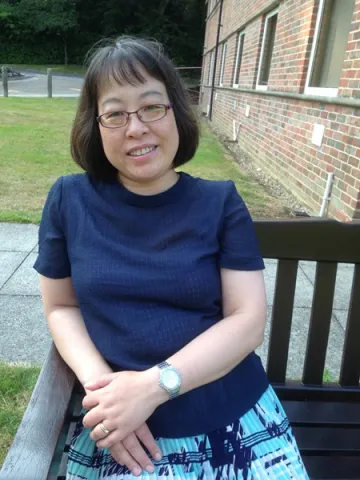About the project
The University of Southampton is expanding its PhD research in the area of Quantum Technology Engineering. In addition to the research project outlined below you will receive substantial training in scientific, technical, and commercial skills.
This PhD project aims to delve into the uncharted territories of quantum effects in memristive devices, with a specific focus on Silicon Carbide (SiC)-based memristors.
The overarching goal is to harness quantum phenomena for advancing new information processing technologies. Recent studies have highlighted that memristive elements, known for their resistive switching capabilities through the electrochemical formation and rupture of conductive nanofilaments, also demonstrate quantum conductance effects at room temperature. This project will build upon this foundational knowledge to explore the potential of SiC-based memristors in quantum computing applications.
The research will encompass a thorough investigation of the fundamental electrochemical and physicochemical phenomena that underlie the functionalities of these devices. Special attention will be given to the electronic conduction in nanofilaments and its implications for quantum conductance. A significant part of the research will be devoted to developing methodologies for creating and controlling atomic-sized conductive filaments in SiC-based memristors.
Through this project, the PhD candidate will contribute to the field by addressing the current gap in understanding the quantum effects in memristive devices. The research outcomes are expected to pave the way for potential applications in next-generation memories, neuromorphic computing architectures, and integrated quantum systems, revolutionizing the landscape of information processing technologies. The student will have the opportunity to join a dynamic research team and have access to advanced nanofabrication as well as electronic characterization facilities in the state-of-art Southampton Nanofabrication Centre. The student will benefit from academic research expertise from a dynamic supervisory team from both ECS and Engineering.

